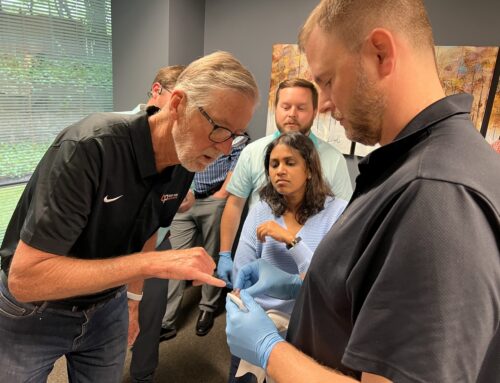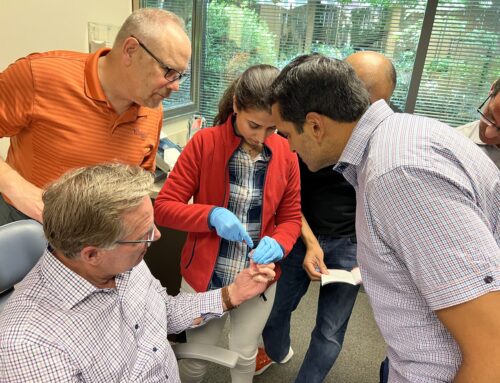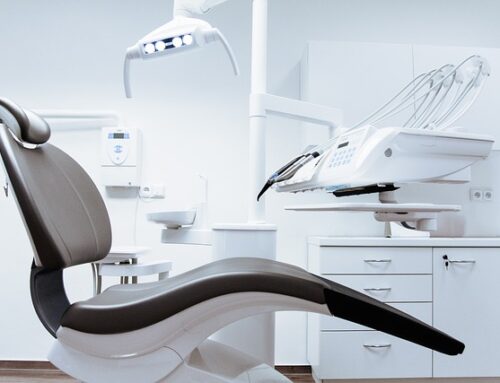Sleep apnea can be a dangerous disease if it is not properly treated. As stated by The New York Times, a recent study indicated that sleep apnea may be even more dangerous for women than for men. With this new study, it is important to pay close attention to sleep apnea if you currently suffer from it and are a woman. However, it is still important as a man to receive treatment as well. Let’s take a look at why women may have added dangers when suffering from sleep apnea.
Heart Disease
Epidemiological studies have linked sleep apnea to heart disease in men, but the differences in risk between men and women were often overlooked. In this study quoted by The New York Times, researchers measured sleep quality electronically in 737 men and 879 women with the average age of 63 who were free of cardiovascular disease at the start of the study. This study also tested each person for troponin T, which is a protein that can be released into the bloodstream if the heart is damaged. When this is present in otherwise healthy people, it often indicates an increased risk for heart disease.
Each participant was tracked for 14 years and incidents of coronary artery disease, heart failure and death from cardiovascular disease or other causes were recorded throughout the process. Once completed, this study was published in Circulation.
What We Learned
Through this study, we learn that obstructive sleep apnea was independently associated with increased troponin T, heart failure and death in women, but not in men. Strange, right? Additionally, in women, but not in men, sleep apnea was associated with an enlarged heart, which is another risk factor for cardiovascular disease. As we already know, most people with sleep apnea already have an increased risk of heart disease, but in women the relationship is stronger—persisting even after accounting for the other risks. Even if women with sleep apnea do not get heart failure, it is associated with changes in the heart that lead to worse outcomes.
So, what do we do with these results? The same thing we have been doing all along—helping our patients find the care they need in order to protect them from harm. Please contact me if you have any questions about sleep apnea and the increased risk for women as well as other patients.





